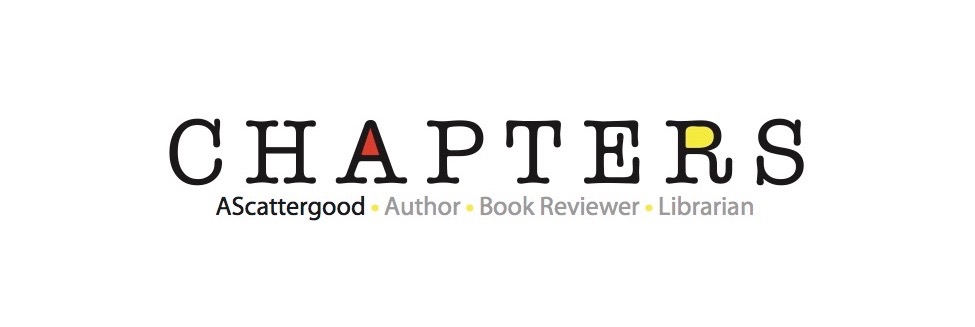Although I'm not writing, I am reading- a perfect summertime activity if ever there was one. And just now I stumbled across this posting from my group blog A Good Blog is Hard to Find. Rereading it made me think this hot June day would be a perfect time to share it here. If the picture doesn't send you searching for a cold frozen treat, nothing will...
 Photo credit: Scott Keeler, St. Petersburg Times
Photo credit: Scott Keeler, St. Petersburg Times Details, Details (or What Sno-Cones Have Taught Me About Writing)
This season’s blog theme is What Writing Has Taught Me About Life. No, we don’t have to do the assignment. We can blog about anything that catches our fancy. After all, it’s not 8th grade math class. But I was always a bit of a teacher's pet, even did the extra credit stuff. I take these “voluntary” assignments seriously.
But not too seriously. So in honor of summer, I’ve turned my assignment around.
By the time I took to writing professionally, giving up another career to write, I had already learned a lot about life—and not from writing. So today I’m thinking instead about what life has taught me about writing.
Specifically, what eating Sno-cones teaches me about writing fiction.
Stay with me here. By studying Sno-cones carefully, I understand the importance of detail, the use of emotion, the seriousness of research, and the tricks to finding the perfect image in every word. And getting it right.
First off, is it Sno-cones or Snow Cones or Sno-balls? (Or some might make a case for Italian Ice, but if we are setting the story in the South, they would be dead wrong.)
In Mississippi, where I grew up, kids ate Sno-cones, spelled like that. And I didn’t think much about it. Then a couple from New Orleans opened a Sno-ball (spelled like that) stand a short drive from my Florida neighborhood. My transplanted Louisiana relatives were ecstatic. I was confused.
These Sno-balls looked like the summer treats of my childhood—the paper cups, squished to overflowing, that turned to soupy liquid when most of the ice is munched away. But then the proprietor of the Sno-ball stand asked if I wanted cream on top. Cream? On a Sno-cone? No, here they’re selling Sno-balls and sure, I’ll try the cream.
So right off the bat, Sno-cones have taught me the importance of research and fact checking, even in fiction. Not to mention spelling. Most of the time, you can’t fool your readers with mistaken details. Especially if the details are part of their history.
Now I’m working on a kids’ novel set in Florida, in the summer. Small-town Florida, a place where kids ride their bikes to the Sno-cone stand. Where they drip orange and purple all over their white shorts, just like my friend Eileen remembered when I asked around for Sno-cone stories.
Life— in the form of a frozen treat-- teaches me that memories are an important component of fiction.
Remembering in all five senses makes a scene come alive. The cold sticky colors dripping down an arm as we squeezed the paper cup. And white shorts, the worst thing to wear while slurping a Sno-cone. Watermelon and cherry and banana— whether the Sno-cone flavorings actually smell like the fruit they are named for, they taste that way and they evoke a scent. So I’m having my character eating a cherry Sno-cone, always my favorite.
Hot nights under the summer sky, Little League games at the park, the sound of the bell on the truck, the worry over the quarters—saved to pay for a lemon Sno-cone— that slipped through the pocket and are gone forever. Memories seep into stories and emerge as something else, another thing life has taught me about writing.
So I’m including a cold summer treat in my story, and I’ll get the details right. I’ll have to think about what to call it—a Sno-cone or a Sno-ball— but a few more trips to my new Sno-ball place, and I should have it all figured out.






